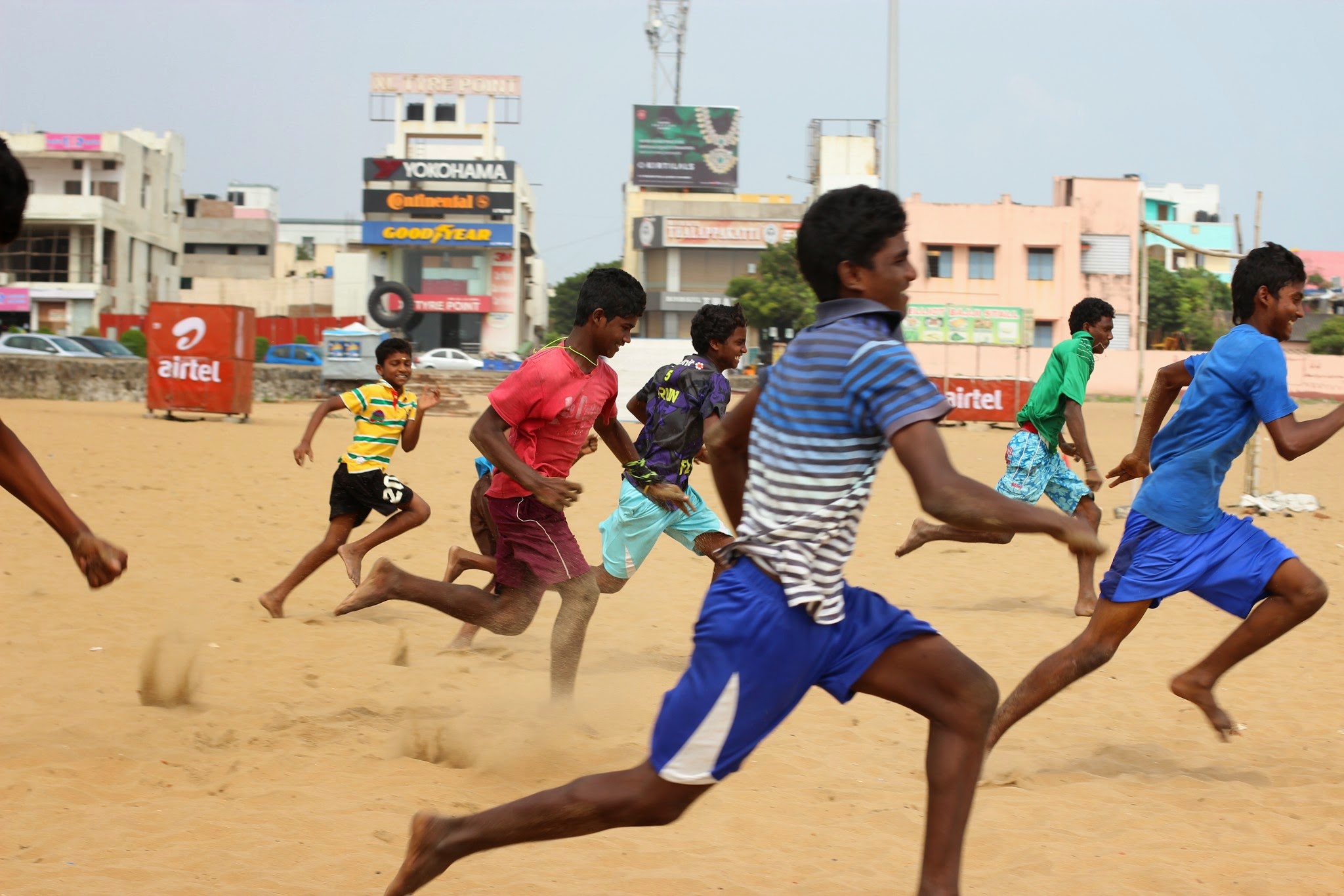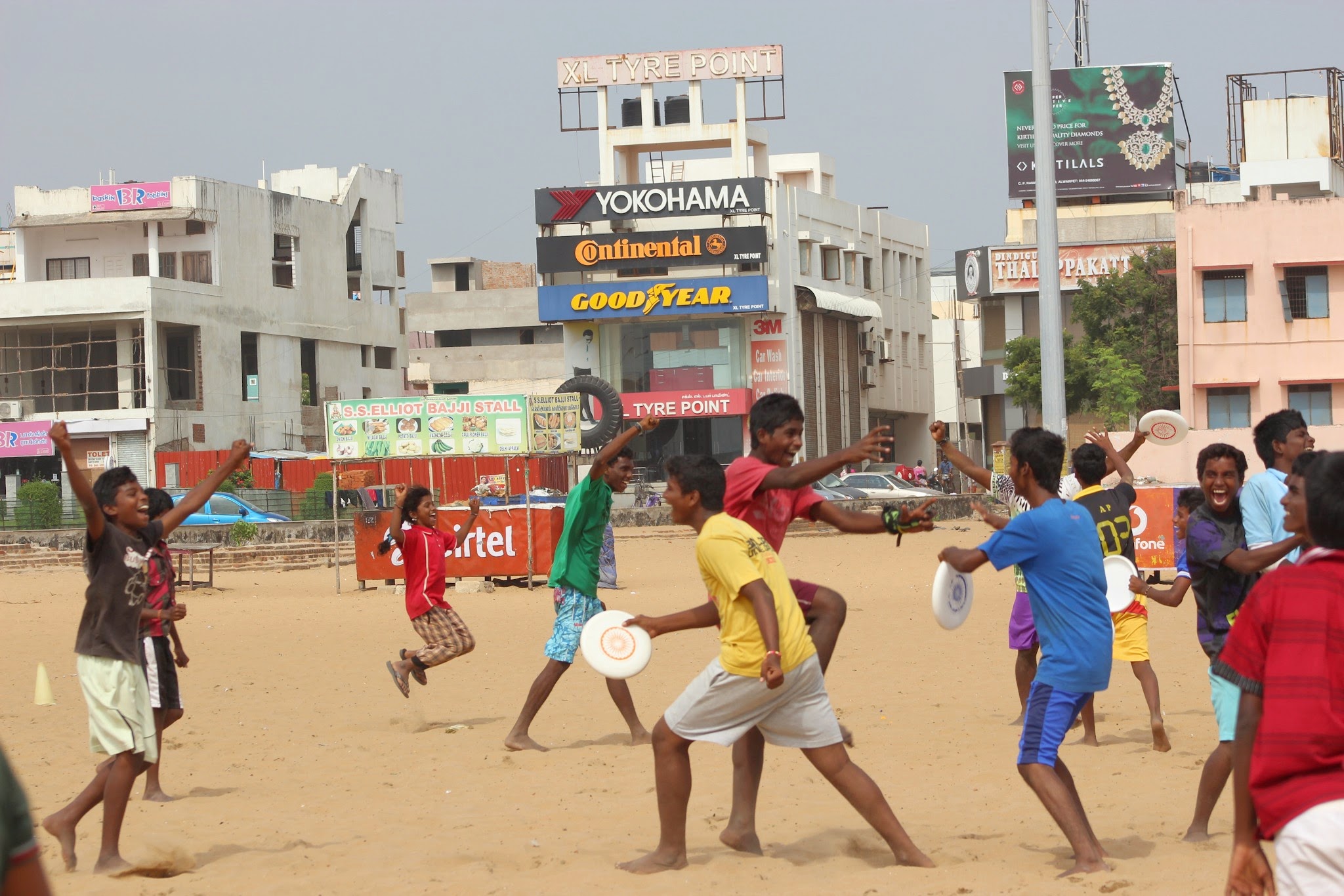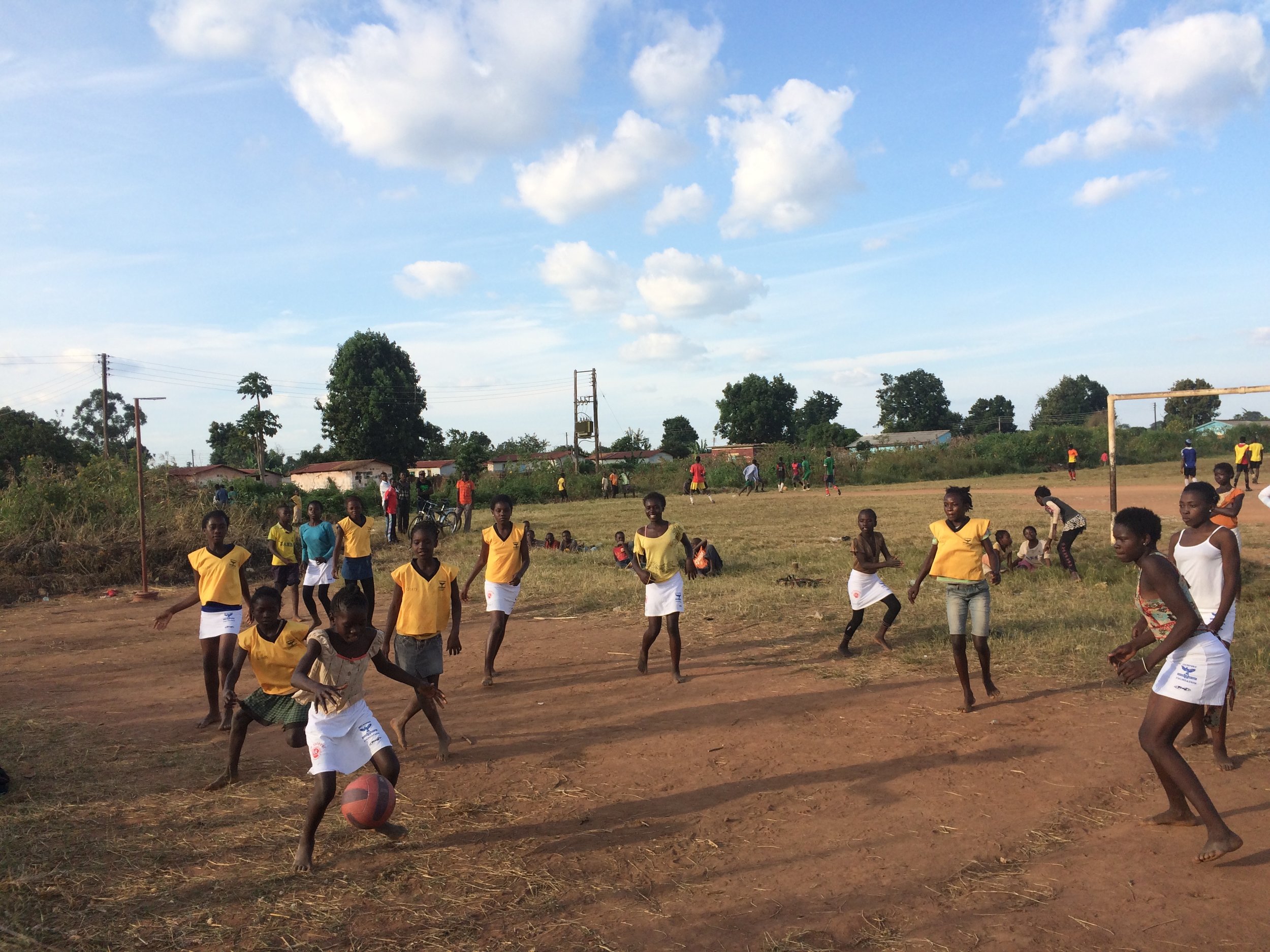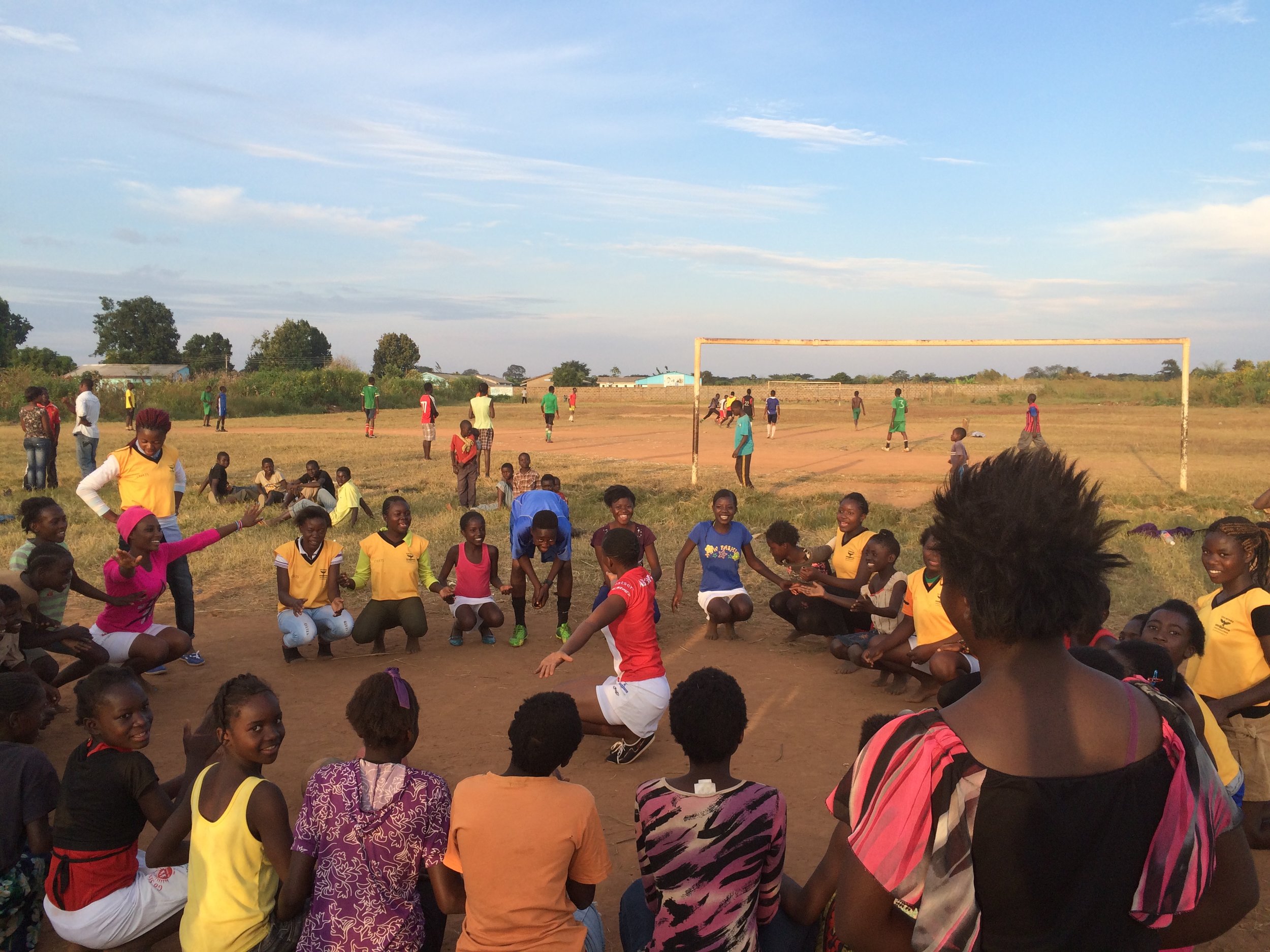Steve Harknett, UP’s Global Advisor of Sport for Development and Peace, discusses the challenge of safeguarding to help sport reach its potential for social good.
In 2013, the UN proclaimed April 6 as the International Day of Sport for Development and Peace. Although it is a relatively recent UN commemorative day, the use of sport in social development has a long history. In 19th century Britain, for example, sport was seen as a way of instilling a sense of fairness and justice in young people, teaching them discipline and shaping future leaders. The advent of the modern Olympics in 1896 led to a growth in the use of sport to promote peace and self-improvement.
This has more recently been recognised by the UN and civil society organisations: the UN’s Sustainable Development Goals (the global framework for international development), recognise sport as ‘an important enabler of sustainable development’, contributing to the empowerment of women and young people, and to health, education and social inclusion objectives. There is an ever-increasing number of organisations using sport in programmes aimed at things like gender equality, disability inclusion, public health and education.
“United Purpose recognises the power of sport to achieve social good.”
United Purpose recognises the power of sport to achieve social good, and through its merger with International Inspiration (a London 2012 legacy sports charity), it supports sports-based work in Zambia, Kenya, India, Cameroon and Malawi. For example, a netball-based project in Malawi aims to empower rural girls and give them informal education, while a football-based project in Kenya provides girls with employability skills and livelihood opportunities.
The dark side of sport
While much is made of sport’s potential for social good, others have pointed out, quite rightly, that in itself sport is inherently neither good nor bad. My own recollections of childhood sport at school in the 1980s, for example, consist more of humiliation and embarrassment at the hands of sadistic PE teachers, than positive experiences of character-building!
The recent #MeToo campaign has revealed cases of harassment and abuse occur in sport as they do in other social spheres – in the USA, abuse scandals have rocked gymnastics and swimming, with one gymnastics doctor being charged with the molestation of more than 250 young athletes. In the UK, women’s football and the Team GB cycling team has been troubled by accusations of racism and bullying.
If such occurrences happen in countries where sportsmen and women are empowered to call out abuse, and where safeguarding systems are in place, how much more likely are they in countries where young people may be more vulnerable, where issues around sexuality and abuse may be taboo, and where legal protection isn’t in place?
Since it is well-known that gender-based violence is widespread in southern Africa, for example, there is a strong likelihood that there are also high rates of harassment and bullying in sport, and yet this is rarely talked about. Evidence of abuse in sport in developing countries is relatively scant, because of the sensitivity of the issue, weak legal systems and sometimes even corruption in sporting authorities. Occasional cases are exposed and make the headlines (as in Ugandan athletics several years ago), thanks to courageous whistle-blowers who are vulnerable to revenge and recriminations as a result.
The centrality of safeguarding
It goes without saying that it is of the utmost importance for international development programmes to have robust safeguarding measures in place to protect children and vulnerable young people in sport. Clearly, this isn’t a development issue confined to sport, as other recent scandals within the industry have shown. Certain factors in sport do, however, create conditions which can favour abuse and harassment – for example, the extreme power differentials between sports coaches and athletes, and athletes’ passion and ambition to succeed, which can leave them open to manipulation.
Since 2012, a group of organisations, led by UNICEF and including International Inspiration (now part of United Purpose), have been working together to develop a set of guidelines called the ‘International Safeguards for Children in Sport’. These give guidance across all areas of safeguarding policy and practice, such as developing an organisational policy, having systems to respond to incidents, conducting risk assessments for events and staff recruitment and training. UP uses these International Safeguards in its work, providing training to programme staff, and monitoring to ensure that child safeguarding measures and systems are in place.
A promising workshop in Zambia
As part of this support, in February, UP funded a two-day workshop in the Zambian capital Lusaka, which brought together UP’s implementing partners in Kenya, Zambia and Malawi, and other Zambian sports and child safeguarding authorities including the police, justice service and National Olympic Committee. The workshop gave participants a chance to study the International Safeguards for Children in Sport, to apply them to their experience.
“Participants left the workshop feeling confident that they had gained a deeper insight into safeguarding issues.”
The workshop was a rare opportunity for professionals in the field to talk together about sensitive issues. An official from the Zambian Ministry of Sport, for example, spoke about male coaches who use the prize of team selection to sexually exploit female athletes. Examples of good practice were shared; for example, Moving The Goalposts (a Kenyan NGO) has strict criteria for the hotels and transport providers it uses for sports tournaments to reduce risk to children and young people. Participants left the workshop feeling confident that they had gained a deeper insight into safeguarding issues, and equipped with practical ideas for improving practice.
Forging a safe future
The challenge in safeguarding is to help sport to reach its potential for social good. It’s very clear that for sport to be an effective tool for social development, it must be safe. Through events such as the Lusaka Workshop and ongoing support and monitoring, United Purpose is striving to ensure that its sports programmes, and all of its child-focused programmes, are safe, fun and delivering positive benefits to children and young people.






